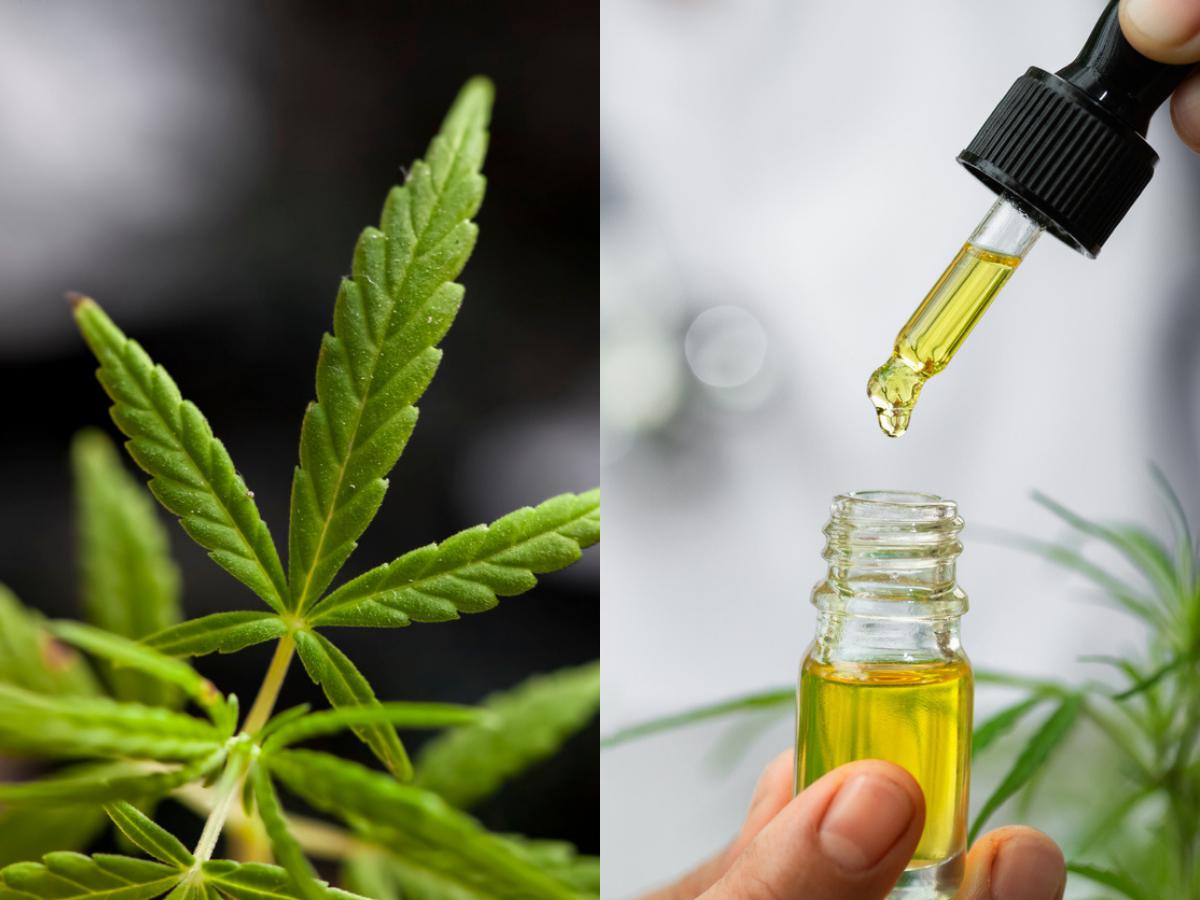
Inflammation is dangerous and can cause serious side effects. Inflammation can lead to many chronic diseases. There are several medications that have been tested in clinical trials. These drugs work by blocking the pathways that cause chronic inflammation. Some people may experience symptoms such as thicker phlegm and irritation of the throat, or black specks within their urine.
Sugars from processing
Chronic inflammation can cause many problems including diabetes, depression, and even dementia, which is particularly dangerous for older adults. The risk of chronic inflammation increases in the body, particularly when sugars, saturated oils, and trans-fats are involved. These factors can also influence metabolism and other functions in the body.

Refined carbohydrates
Refined carbohydrates can be a major source for inflammation. They are found in processed foods, candy, bread, pastries, cereals, and sugary beverages. They are also a major contributor to the symptoms of many chronic diseases, including obesity, inflammatory bowel disease, and some types of arthritis. These foods not only cause inflammation but also increase blood sugar and inflamed markers.
Dairy products
There has been some controversy over whether dairy products cause inflammation. Some scientists claim dairy products cause inflammation. Others believe they are beneficial. Although it can be beneficial for small amounts of inflammation, it can also lead to tissue and organ damage. It can be caused untreated injuries, inflammation, autoimmune disorders, lifestyle choices, or untreated infections. Some cases can lead to inflammation. Therefore, it is important not to consume dairy products. Dairy products, which are made from the milk of mammals, include yogurt, cheese, ice-cream, and kefir.
Eggs
Eggs can alter a person's inflammatory or anti-inflammatory response. It is important for people to understand that egg consumption can have different effects. This is because the inflammatory response of an individual is dependent on a number of factors, including weight and the presence of a disease. The best approach is to pay attention to your body's reactions when eating eggs.

Red meat
Chronic inflammation has been linked to major diseases like heart disease, cancer, and type 2 diabetes. There are several ways to fight inflammation. It's possible to add more vegetables and fruits to your diet. Many studies have shown these foods to be anti-inflammatory.
FAQ
Is the CBD market saturated or not?
CBD industry is growing at over 25% per annum. This growth rate is expected to continue at least for five more years. The industry is forecast to grow from $2 Billion to $5 Billion by 2020.
Two companies currently dominate the CBD market - GW Pharmaceuticals & Canndoc Ltd. Both companies are focused in developing pharmaceutical-grade products. They have not been very effective so far. They are both struggling to gain traction in the marketplace.
Cannabidiol (CBD), an extract from cannabis, contains less than 0.3% THC. It does not cause any psychoactive effects. It is used to treat epilepsy and other conditions. It is also used to supplement a diet.
There are many types of CBD products. Some CBD products are made from whole plant extracts while others contain CBD.
All these products have in common that they contain low levels of THC.
They are now legal under US federal laws. You will still need to follow local laws if you are selling CBD products. Check with your state regarding the sale of CBD products.
Additionally, CBD products in some states are illegal. These states include California, Colorado and Mississippi, Missouri. New York, North Carolina. Ohio. Oklahoma. Oregon. Rhode Island. South Dakota. Texas. Utah. Virginia. Washington.
CBD products should not be made if you reside in these states.
How big is the global CBD industry?
Euromonitor International estimated that the global CBD industry was worth $US3.5 billion in 2015. This is a more than 10% increase over 2014.
The report predicts that this figure will grow by 12% annually to $US6.4 billion in 2020.
CBD products are predicted to account for half of all the hemp-derived products globally by 2020.
This includes CBD oils.
How can companies successfully market CBD products in a regulation-compliant manner?
The FDA does NOT regulate hemp as an agriculture commodity. However, the agency regulates all other cannabis derivatives (e.g., marijuana) under the Controlled Substances Act. CBD is not covered by any regulations.
CBD is legal at the state level in 29 states, but federal law still considers it illegal. Businesses that want to sell CBD products face uncertainty.
The FDA has specific guidelines on how CBD products must be marketed. THC content must be clearly disclosed. Without scientific evidence supporting this claim, CBD cannot be used to treat certain medical conditions.
Additionally, the FDA requires manufacturers submit information about manufacturing practices and quality control. To demonstrate safety and efficacy, the FDA requires companies to perform clinical trials.
These factors are crucial for companies to consider when developing their marketing strategies.
What is the future in CBD?
The future for CBD is bright. It's easy for people to get on board with this sector. It's easy to see why this market is growing exponentially, with CBD products generating over $1 billion in global sales.
In fact, according to Statista, global sales for cannabidiol (CBD) were expected to reach $22.4 billion in 2019. This is almost 200% more than 2018!
A compound annual growth rate (CAGR) of 22.5% is predicted for the CBD market, which will translate into nearly $6.8 Billion in revenue by 2022.
This is great news both for those looking to enter the market as well as existing companies. However, the CBD market is still in its infancy. This means that there will be challenges.
Statistics
- OralWhere HED is the human equivalent dose, and Km is a correction factor estimated by dividing the average body mass (BM) of the species (60, 0.020, and 0.150 kg for 11 humans, mice, and rats, respectively) and by its surface area (see: Nair et al. (ncbi.nlm.nih.gov)
- A recent systematic review of human trials also reported that individuals with epilepsy receiving CBD (5–20 mg·kg−1·day−1) were more likely to experience decreased appetite than those receiving placebo (i.e., ~20 vs. 5% of patients) (ncbi.nlm.nih.gov)
- however, one study also found that these effects were virtually abolished when the original media (a nutrient broth agar) was replaced with one containing 5% blood (increasing the minimum concentration to ~160 μM CBD) [179]. (ncbi.nlm.nih.gov)
- As a substance that was federally illegal before the passage of the 2018 Farm Bill, hemp-derived cannabinoids with no more than 0.3% THC still face a regulatory grey area. (forbes.com)
- The use of these products is likely to become even more widespread if the World Health Organization's recommendation that CBD no longer is scheduled in the international drug control conventions is adopted by the United Nations member states [201]. (ncbi.nlm.nih.gov)
External Links
How To
How to Get Certified To Sell CBD Products
CBD (cannabidiol), one of the many cannabinoids found inside cannabis plants, is one. It has been used medicinally since ancient times, including in traditional China, India, and many South American nations. The ability to treat conditions such anxiety, pains, epilepsy, and inflammation has made CBD products extremely popular in recent times. If you're looking to sell CBD products, however, there isn't an official certification program. At least not in the U.S.
There are two methods to do this. The first is to join a local association of canna-business owners. You can get support and advice from other members while learning from them. There are currently numerous associations all over the country. The second option is to take your business online. Online canna-businesses are now allowed in most states. You can create your own website and start taking orders immediately if you are allowed to do so. You must register with the Department of Public Health in your state. Once you've registered, you'll be able to apply for a license through your state's department of public health. Once you receive your license, you're officially allowed to open your store and begin accepting orders.